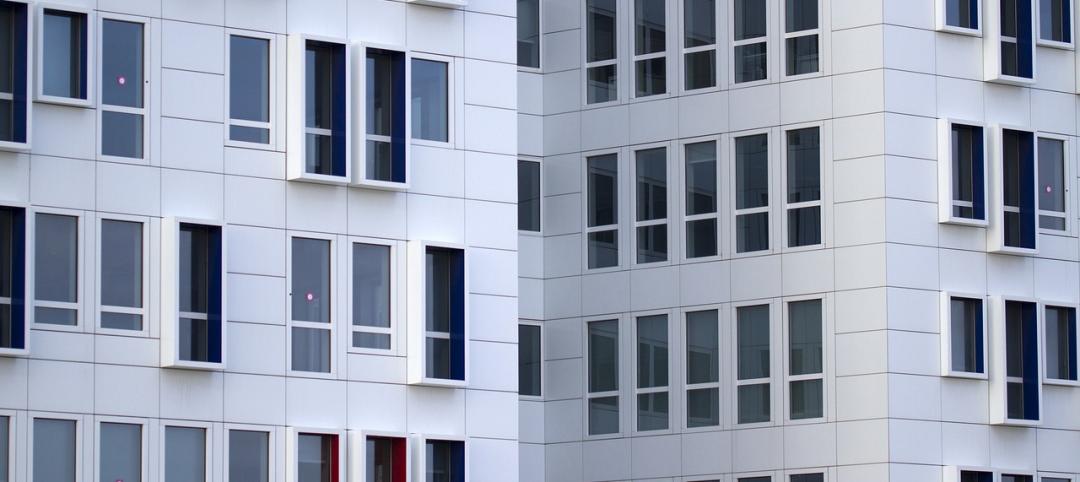Commercial property owners should commit to greenhouse gas (GHG) reduction—a strategy that reaps financial benefits and prevents buildings from becoming stranded assets, according to an energy efficiency consultant writing in GlobeSt.
A systematic drive to reduce emissions across the portfolio will garner savings on energy and water, as well as on levies for exceeding carbon emissions standards enacted by local governments. Decarbonization can avoid “stranded assets … properties that will be exposed to the risk of early economic obsolescence due to climate change because they will not meet future regulatory efficiency standards or market expectations.”
The first step is to set minimum standards for the entire portfolio and efficiency goals for individual properties. Portfolio standards could be performance based (e.g., 10% reduction of all assets by 2030), or prescriptive based (e.g., 100% LED lighting at all assets by 2025).
An energy and water audit, a comprehensive analysis of the property’s energy and water consumption using the ASHRAE Energy Audit Standards, should be conducted at each site. The audit measures energy and water usage, identifies property conditions that may cause excessive use, and provides efficiency measures to improve energy and water efficiency.
Other GHG reduction measures include building automation and controls, retro-commissioning, sourcing green energy from utilities, fully electrifying buildings, and integrating renewable energy systems into the property.
Related Stories
Codes and Standards | Jun 6, 2017
New York City will require construction superintendents on buildings higher than three stories
New laws focus on construction safety.
Codes and Standards | May 30, 2017
Industry Groups move toward Unified Green Building Model Code in 2018
The effort involves combining ASHRAE's Standard 189.1 with the International Green Construction Code.
Codes and Standards | May 30, 2017
OSHA suspends electronic injury, illness reporting requirement
The agency is keeping records from being publicly disclosed—for now.
Codes and Standards | May 30, 2017
Florida preparing to adjust to new building elevation requirements
New floodplain maps and state code changes loom.
Codes and Standards | May 30, 2017
Heated debate over whether Calif.’s prevailing wage requirement stymies affordable housing
There’s disagreement around how much pay regulations add to cost of projects.
Codes and Standards | May 25, 2017
Technology is influencing parking requirement codes in new developments
Uber and Lyft make it easier for urban dwellers to live without owning cars.
Codes and Standards | May 25, 2017
Better Buildings Challenge Partners on track to reduce energy usage by 20% in 10 years
More than 1,000 proven solutions are now available on DOE web site.
Codes and Standards | May 22, 2017
Affordable housing initiative drives surge in residential unit permits in New York City
New permits tripled from year-ago period.
Codes and Standards | May 22, 2017
Amid labor shortage, industry groups urge government action to boost trades
AGC says a shortage of qualified workers is limiting the economy from adding more jobs.
Codes and Standards | May 19, 2017
Spate of sinkhole incidents points to neglected infrastructure investment
Suddenly appearing caverns cause deaths, evacuations, interruption of utility services.

















